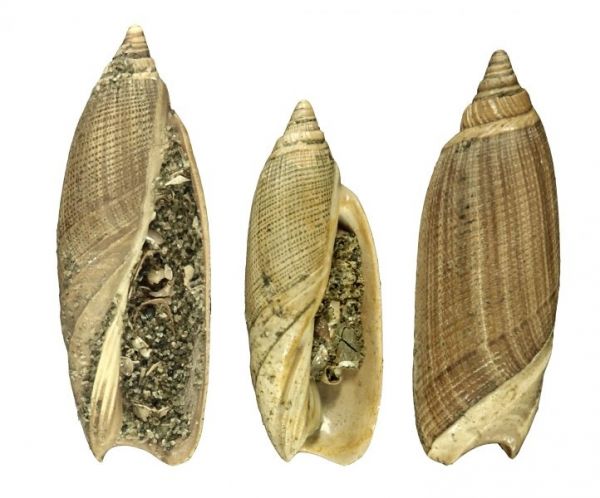About 55 million years ago, a rapidly warming climate decimated marine communities around the world. But according to new research, it was a different story for snails, clams and other mollusks living in the shallow waters along what is now the Gulf Coast of the United States. They were able to survive.
“Mollusks are sort of unique in this aspect as they are better adapted to cope with high temperatures,” said lead author William Foster, an assistant professor at the University College Dublin and former postdoctoral researcher at The University of Texas at Austin Jackson School of Geosciences.
The paper’s co-authors are Jackson school Assistant Professor Rowan Martindale, Cornell College Assistant Professor and former Jackson School postdoctoral researcher Drew Muscente, and Jackson School alumna Anna Weiss, who contributed to the research while earning her Ph.D. Coauthors also include an international team of collaborators and amateur Austin paleontologist Christopher Garvie.
Continue reading at University of Texas at Austin
Image via University of Texas at Austin


